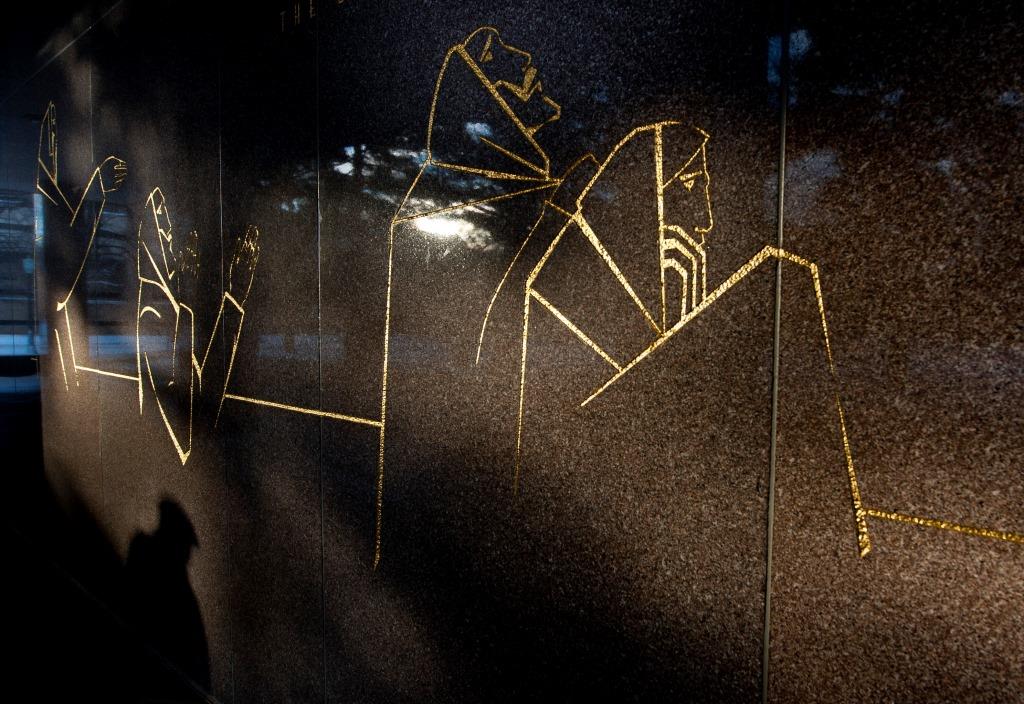Thomas Wheeler, Senior
After an especially tough week last semester, I sat down on a Friday in my hall chapel to pray Night Prayer. The psalm for the night, Psalm 88, finishes with the line: “My companion is darkness,” which leaves us with a call to faith and to trust in God’s promise of redemption even when we feel all alone.

On this particular night, however, I was not having it. The struggles of school, relationships with friends, a scary and unexpected visit to the doctor, and my (not uncommon) failures at avoiding habitual sin had left me in pieces. I finished Night Prayer and sat in a state that can only be described as worn out and emotional.
I went upstairs, got my journal, and went back to the chapel, but the only thing I wrote that night was “Jesus, I’m done.” That week, I had said my prayers, spent time in adoration, led my small group, helped at Youth Group, and tried to love those around me with an open heart. I tried so hard to be mindful of the goodness of God’s promises and live a life of joyful witness to Christ’s saving love. But at that moment, I wasn’t filled with joy at all. All I could think of was how much pain and stress I had suffered that week. Yet here I was, reading prayers from my book even though my heart wasn’t in it. I felt alone in my struggles, and this last line from Psalm 88 did not help heal the wound.
It was in that moment of brokenness I could feel God telling me, “I want to know.” I felt comfort in bringing my suffering to God and letting him know my weakness, even if I had directly offended Him. I looked across the chapel to the Tabernacle and reminded myself that God does not keep His distance from me. In the Eucharist, He enters me and dwells within me. He knows already, knows everything that is going on inside me, so why not go ahead and be honest with Him about where I am. God doesn’t want me to act like I’m doing alright when I’m not. If I’m struggling, God wants to hear it. And God wants to help.
What I learned from this experience is that through all the times in our lives, especially in the times of our most piercing brokenness, God wants us to be real with Him, because He wants us to know we need Him. It is so easy to go through the motions of prayer, and even to commit to spending a certain amount of time in prayer every day. But none of this amounts to letting Jesus see our wounds, and begin the process of healing them.
It isn’t easy to let Christ into the depths our hearts; to allow him to tear down the hidden walls of pride and sin, and give him the space to build God’s kingdom there. But that’s where holiness lies. We cannot grow in perfect love and joy if we do not first let God perform surgery on our hearts. He fixes what is broken and fills the holes in our hearts with himself.
Even when my relationship with God is stable and my prayer life is flourishing, I am still a work in progress. I am not a saint yet, but I earnestly want to be one. While I know I’ve committed my life to following Christ, I still fail him all the time. But God is still performing surgery on my heart, and the most important thing I can do is let Him see my wounds so He can heal them.
“The sacrifice acceptable to God is a broken spirit; a humble and contrite heart, O God, you will not despise.” – Psalm 51:17